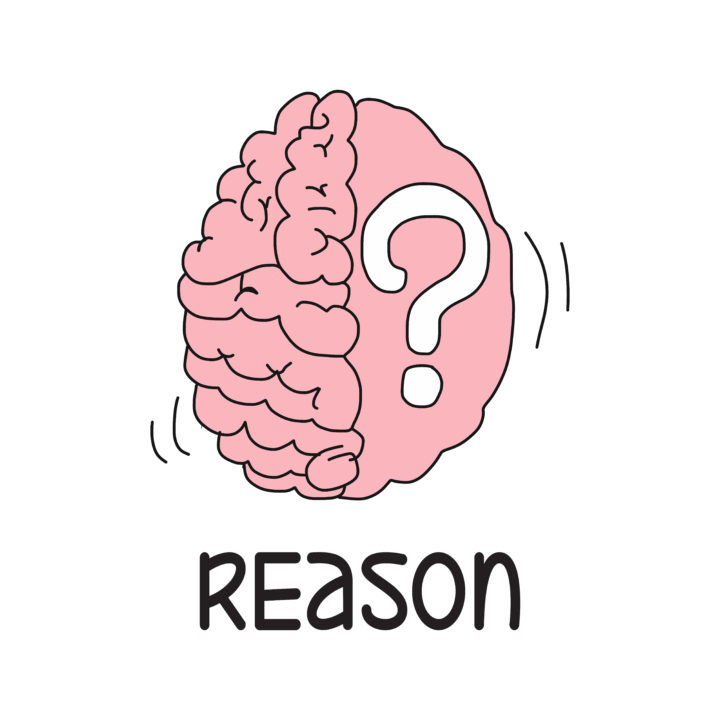The Age of Reason: Time for a Reboot?
Aristotle told us long ago that there are three means of persuasion: logos, pathos and ethos. The most important, he said, is ethos, or how the audience perceives the speaker personally.
After 2500 years, and having passed through an Age of Reason and a scientific revolution, surely things would be different. Logos should carry the day – what is said is surely more important than who says it. But there was a vivid demonstration last week of how powerful ethos still is.
The lesson was brought home by a high school valedictorian speaking to his graduating class in Kentucky. Bell County, in which his school is located, voted 82% for Donald Trump in 2016, so Bowling was on safe ground when he uttered this quote:
“ ‘Don’t just get involved. Fight for your seat at the table. Better yet, fight for a seat at the head of the table.’ — Donald J. Trump.”
According to an article in the Washington Post, the crowd “went wild” and their applause almost drowned out Bowling’s next statement: “I’m kidding. I’m kidding. That was Barack Obama.”
At that point, the applause immediately died and someone even booed.
Although the sample size was only one statement, it was an elegant experiment. Holding the message constant (logos), and changing only the source, Bowling demonstrated dramatically the power of ethos: how the audience’s perception of the source affects the persuasiveness of the message.
Although the foils in this little experiment/practical joke were Trump supporters, I suspect the same thing would have happened if the quotes were reversed. Maybe some bold valedictorian in a blue county might be willing to put it to the test?
Maybe it’s time for another Age of Reason.



